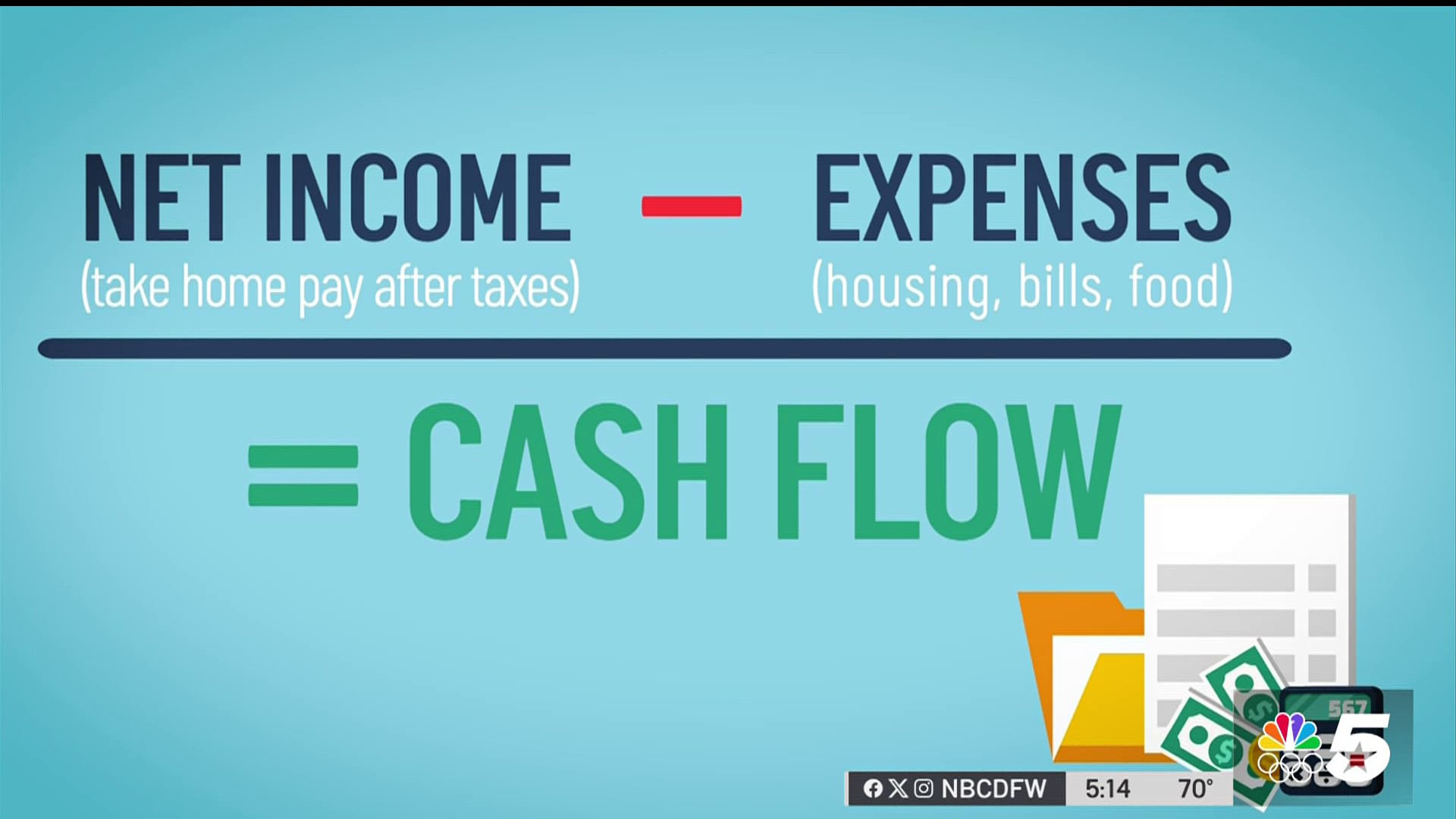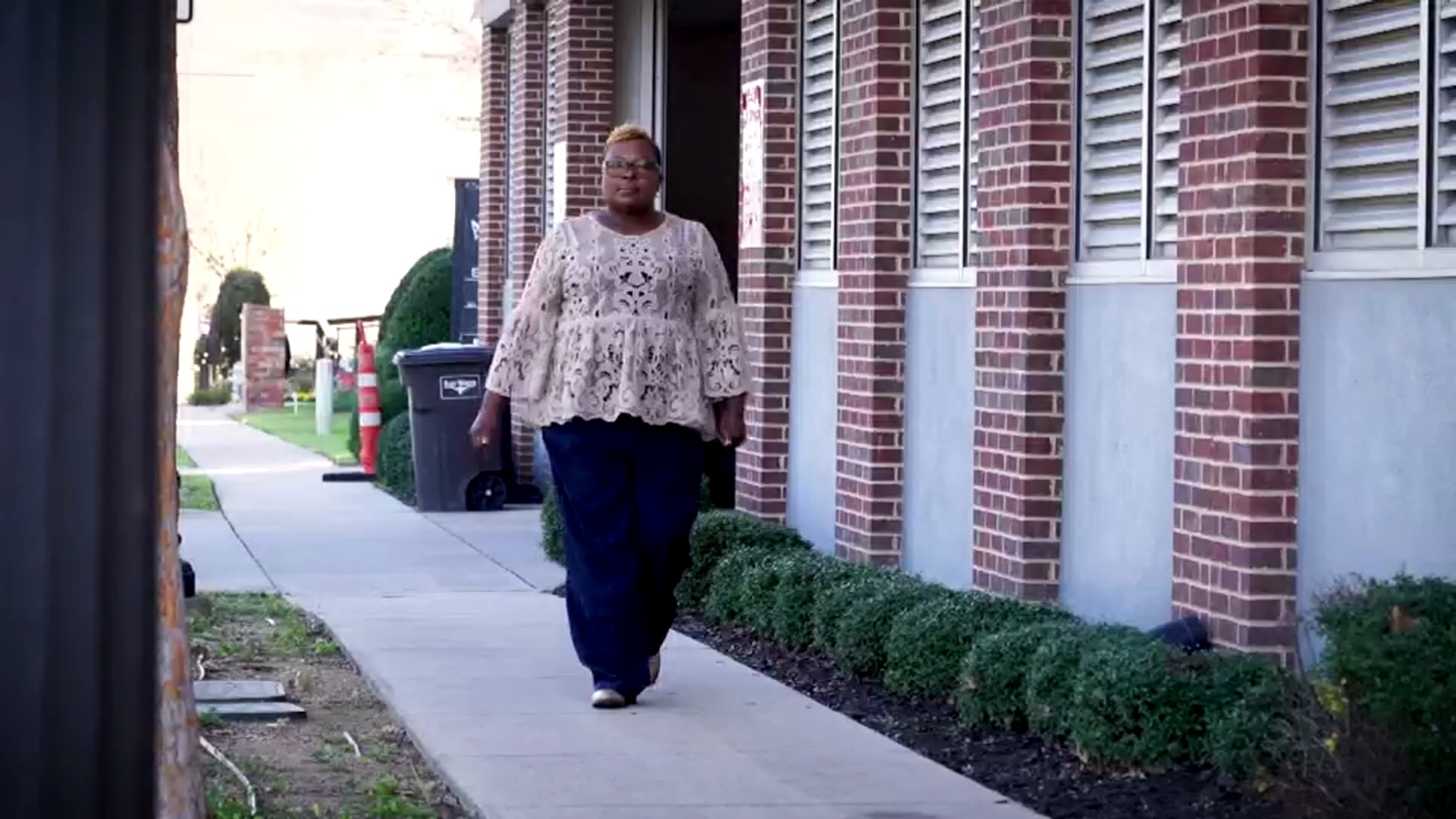Many people tell NBC 5 they tried to get a company or institution to fix a problem, then turned to us as a last resort. We’re sharing tips learned over the years. They may help consumers actually get results. NBC 5’s Responds Diana Zoga has the latest.
Over the last eight years, our NBC 5 Responds and Telemundo 39 Responde teams have logged more than 61,000 consumer concerns and helped recover $6.35 million on behalf of North Texans.
We wanted to know: what’s the difference-maker between getting a resolution or getting ignored?
Watch NBC 5 free wherever you are
Keep reading for strategies experts recommend for consumers seeking results.
GETTING HELP
Get top local stories in DFW delivered to you every morning with NBC DFW's News Headlines newsletter.
When preparing a written complaint, Assistant Professor in the University of North Texas’ Consumer Experience Management Program Dr. Swagata Chakraborty said: it’s best to stick to the facts.
“The focus should be the incident, not your emotions,” said Dr. Chakraborty.
Dr. Chakraborty recommends consumers keep a complaint as brief as possible. Avoid a long list of grievances or writing that a company has lost a customer forever. It may signal that no matter what the company does next, the customer would not be happy. It may also make it more difficult for the person reading a complaint to help.
“It becomes really difficult to identify the problem from the company's end and really address your problem,” said Dr. Chakraborty.
Instead, give the company a business reason to pay attention to your complaint. Note your problem and state what you want. Share relevant dates of the transaction or service failure. List a basic timeline of what happened and steps you’ve already taken. Include information to help the company track down answers like an account number or transaction number.
Include copies of your proof of purchase and relevant documentation right off the bat. Keep the originals for your records.
If it’s relevant, include a short video or photos. For example, if a product is malfunctioning, visuals help back up what you’re experiencing. Provide the product name, serial, and model numbers too.
Dr. Chakraborty said to be sure your narrative is credible, “I think it's also important for consumers to be accountable for their own mistakes because it happens. We are all human beings.”
Some problems are complicated so a consumer may have to write a long email or letter. Within the body of the letter, Dr. Chakraborty suggests a consumer underline or highlight key points and dates.
“Keep the language professional, keep it respectful and state the facts. It will just help you get help,” added Dr. Chakraborty.
Check the company policy and what’s promised in your purchase agreement or contract. Ensure your request is reasonable so it’s more likely to be approved.
To get started, you can check out this sample complaint letter published by the Federal Trade Commission.
CONSUMER RAGE
This survey found more customers are reporting problems with products and services.
In the most recent National Customer Rage survey of 1,000 respondents, 74% reported issues in the consumer marketplace. That’s up from 66% in 2020 and higher than the 32% in a similar review in 1976.
John Goodman with Customer Care Measurement and Consulting, which conducted the survey with Arizona State University business school researchers, has worked in customer service and research for around 50 years. Goodman said one of the key frustrations, highlighted in the survey, was getting in touch with a company. Customers reported waiting through long phone recordings to reach a real person or struggled to find contact information for a company.
Goodman explained, “In many cases, we're finding a frustration is that you can't find that 800 number very easily.”
If it’s available, Goodman would tell consumers to try the chat function. Customer service may answer a chat question faster than a phone call because an agent can handle multiple chats at one time. A chat would also provide a consumer with a record of your communication.
“You now have a written record of what you said and what the other person said. That way, in the future, no one can say, ‘Oh, I don't know who told you that; that can't be right,’” said Goodman.
If you’re not getting what you need and have exhausted other options, do a web search for executive team email addresses. Write in with your proof.
“You're not necessarily going to hear from the CEO, but there is an executive team who have 007 cards who can get things resolved,” said Goodman.
STRIKE THE RIGHT TONE
What if a consumer talks to a company rep who seems to follow a script and the customer feels stuck in a loop? Goodman said it’s appropriate to ask for a manager and invite them to collaborate. Ask: What would you do next if you were me?
Goodman suggested, “You know your system better than I know your system. How would you fix this?”
At this point, a customer may have spent hours on a problem. When frustrated, a customer can say as much. However, yelling or cursing may get a customer sent away with nothing if a customer service rep ends the conversation.
“A lot of companies actually authorize that when you're being abused, you're allowed to hang up on them,” Goodman said.
Back at UNT, Dr. Chakraborty pointed to the role of AI – saying it can’t be ignored in the customer service industry. Her students spend a semester building their own chatbots with personal touches.
“They now can customize the chatbots according to the consumer profile,” said Dr. Chakraborty.
Customers should continue to expect to interact with artificial intelligence tools in the future.
ADDITIONAL RESOURCES
If you’ve given a company a chance to resolve your problem and still didn’t get a resolution, certain regulatory agencies or their ombudsman offices may help. Some offer an informal complaint process to take consumer concerns to a company.
Additionally, customers can look into whether a company is part of a trade organization. The organization may have a complaint process for consumers to help resolve a problem on behalf of a member company.
You’ll find a list of resources below to get you started below. If you can’t find what you need, you can also contact our NBC 5 Responds team.
If an airline does not resolve a customer service complaint, the U.S. Department of Transportation takes complaints here.
For Lemon Law complaints, contact the Texas Department of Motor Vehicles. You can find out what vehicles are covered by the Lemon Law and file a complaint here.
The Texas DMV’s consumer protection office also takes licensed auto dealer, moving company and bus company complaints.
For interstate moves, contact the Federal Motor Carrier Safety Administration.
If you have a complaint about a customer service issue after a cruise and the cruise line hasn’t resolved the concern, you can try the Federal Maritime Commission.
For complaints about banking, student loan services, debt collectors and many other financial services, you can contact the Consumer Financial Protection Bureau here.
To report housing discrimination, contact HUD here.
For certain complaints about phone, internet or cable service, you can contact the FCC here.
You can find more information about the FCC’s process here.
The Texas PUC takes complaints for certain utilities – including electric service. Its website explains the PUC doesn’t regulate city-owned electric services.
The Texas Office of the Consumer Credit Commissioner operates a consumer hotline and takes complaints about certain financial products the office regulates – including pawn transactions, secondary mortgage and home equity loans, car sales financing, property tax loans, payday and auto title loans.
Some professions require a Texas license to do business in the state. If you have a complaint about a TDLR licensed professional, it may investigate.
For certain insurance complaints or questions, you can contact the Texas Department of Insurance. Note: the TDI does not regulate self-funded health plans. These are usually health plans large employers provide. The employer pays the claim and hires an insurance company to administer claims. For those complaints, the TDI may refer a consumer to the Department of Labor.
Consumers can contact the North Texas Tollway Authority (NTTA) Ombudsman by phone at 469-801-3662 or by email: NTTAOmbudsman@ntta.org
You can find information about the Texas Real Estate Commission's complaint process here. TREC regulates professionals including real estate agents, brokers, inspectors and timeshare plans.
Report suspected securities fraud to the SEC here.
Complaints about cyber crime can be submitted here.
You may need the help of a lawyer for some issues. Legal Aid of Northwest Texas may be able to help.
If you don’t qualify for Legal Aid assistance, the State Bar of Texas offers a referral service here.
For Texans over the age of 60 or Texans receiving Medicare benefits, the Texas Legal Service Center offers a hotline for consumer matters.
Consumers may file a complaint with the Better Business Bureau here. The BBB can reach out to the company and help negotiate a resolution.
The Texas Office of the Attorney General takes consumer complaints, but says it does not routinely resolve individual complaints.
NBC 5 Responds is committed to researching your concerns and recovering your money. Our goal is to get you answers and, if possible, solutions and a resolution. Call us at 844-5RESPND (844-573-7763) or fill out our customer complaint form.
Get top local stories in DFW delivered to you every morning. Sign up for NBC DFW's News Headlines newsletter.



